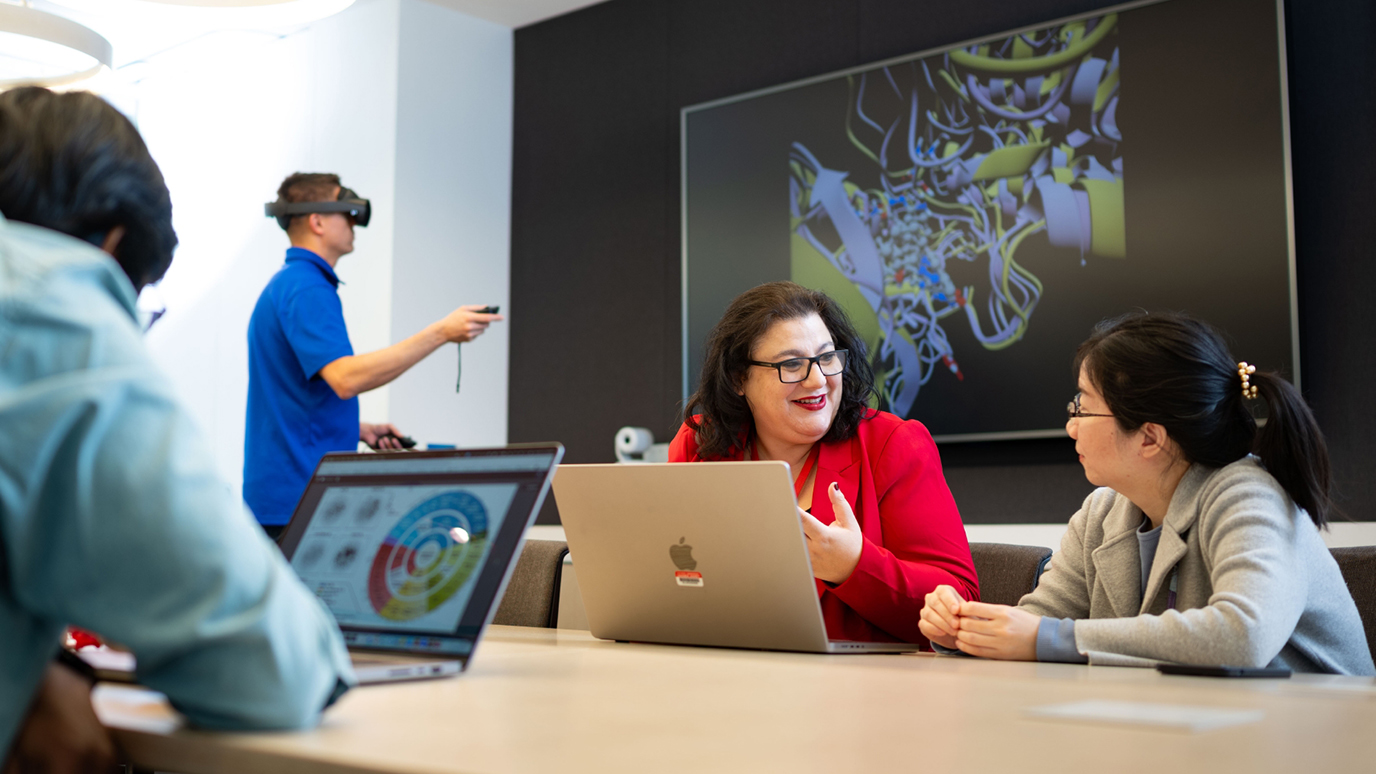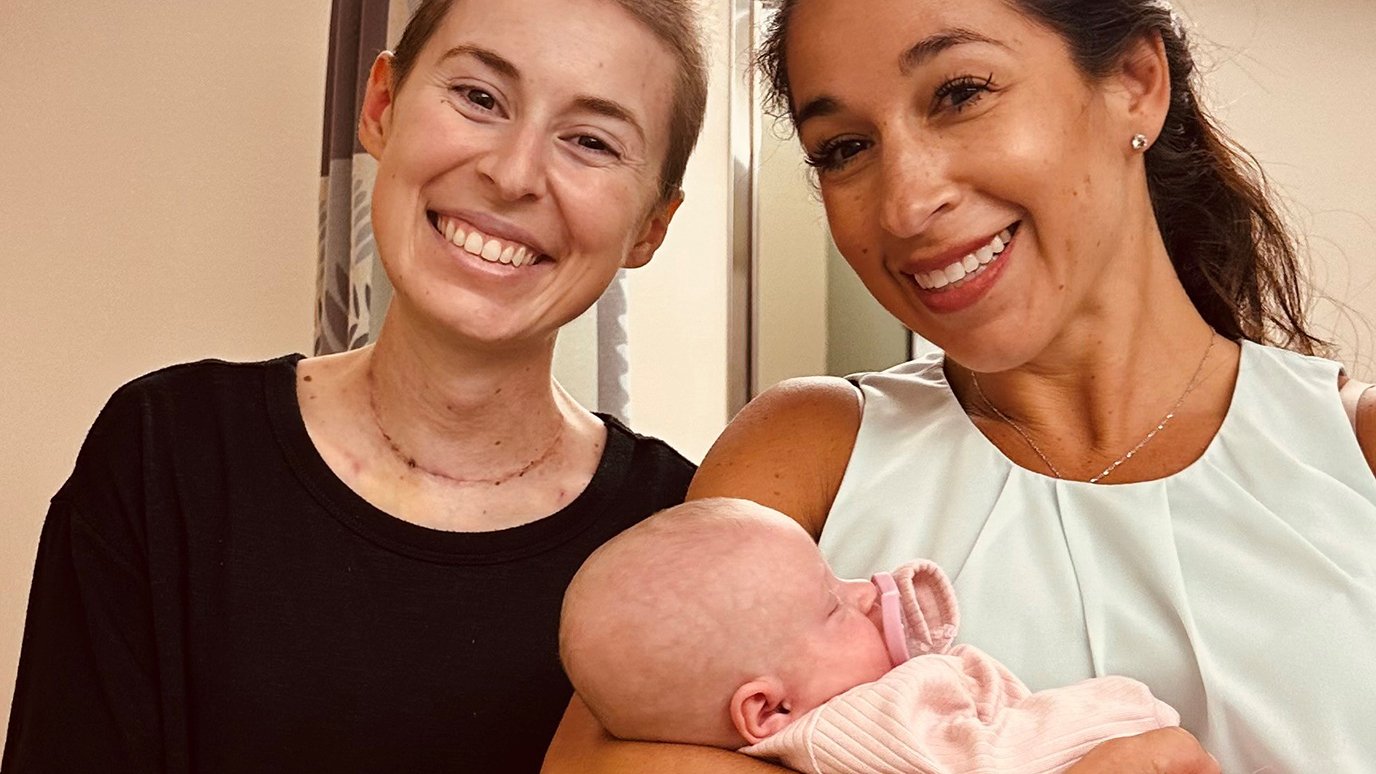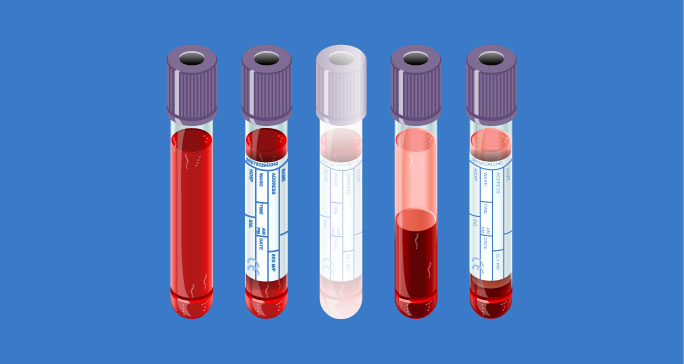- Diseases
- Acoustic Neuroma (14)
- Adrenal Gland Tumor (24)
- Anal Cancer (66)
- Anemia (2)
- Appendix Cancer (16)
- Bile Duct Cancer (26)
- Bladder Cancer (68)
- Brain Metastases (28)
- Brain Tumor (230)
- Breast Cancer (718)
- Breast Implant-Associated Anaplastic Large Cell Lymphoma (2)
- Cancer of Unknown Primary (4)
- Carcinoid Tumor (8)
- Cervical Cancer (154)
- Colon Cancer (164)
- Colorectal Cancer (110)
- Endocrine Tumor (4)
- Esophageal Cancer (42)
- Eye Cancer (36)
- Fallopian Tube Cancer (6)
- Germ Cell Tumor (4)
- Gestational Trophoblastic Disease (2)
- Head and Neck Cancer (6)
- Kidney Cancer (124)
- Leukemia (344)
- Liver Cancer (50)
- Lung Cancer (288)
- Lymphoma (284)
- Mesothelioma (14)
- Metastasis (30)
- Multiple Myeloma (98)
- Myelodysplastic Syndrome (60)
- Myeloproliferative Neoplasm (4)
- Neuroendocrine Tumors (16)
- Oral Cancer (100)
- Ovarian Cancer (170)
- Pancreatic Cancer (164)
- Parathyroid Disease (2)
- Penile Cancer (14)
- Pituitary Tumor (6)
- Prostate Cancer (144)
- Rectal Cancer (58)
- Renal Medullary Carcinoma (6)
- Salivary Gland Cancer (14)
- Sarcoma (236)
- Skin Cancer (296)
- Skull Base Tumors (56)
- Spinal Tumor (12)
- Stomach Cancer (60)
- Testicular Cancer (28)
- Throat Cancer (90)
- Thymoma (6)
- Thyroid Cancer (98)
- Tonsil Cancer (30)
- Uterine Cancer (78)
- Vaginal Cancer (14)
- Vulvar Cancer (18)
- Cancer Topic
- Adolescent and Young Adult Cancer Issues (20)
- Advance Care Planning (10)
- Biostatistics (2)
- Blood Donation (18)
- Bone Health (8)
- COVID-19 (362)
- Cancer Recurrence (120)
- Childhood Cancer Issues (120)
- Clinical Trials (628)
- Complementary Integrative Medicine (24)
- Cytogenetics (2)
- DNA Methylation (4)
- Diagnosis (230)
- Epigenetics (6)
- Fertility (64)
- Follow-up Guidelines (2)
- Health Disparities (14)
- Hereditary Cancer Syndromes (124)
- Immunology (18)
- Li-Fraumeni Syndrome (8)
- Mental Health (118)
- Molecular Diagnostics (8)
- Pain Management (62)
- Palliative Care (8)
- Pathology (10)
- Physical Therapy (18)
- Pregnancy (18)
- Prevention (898)
- Research (392)
- Second Opinion (74)
- Sexuality (16)
- Side Effects (604)
- Sleep Disorders (10)
- Stem Cell Transplantation Cellular Therapy (216)
- Support (404)
- Survivorship (322)
- Symptoms (184)
- Treatment (1776)
Retired NASA scientist benefits from cancer treatment he helped develop
4 minute read | Published August 10, 2020
Medically Reviewed | Last reviewed by an MD Anderson Cancer Center medical professional on August 10, 2020
Less than a year after three scientists won the 1962 Nobel Prize for unraveling some of DNA’s mysteries, Dennis Morrison, Ph.D., became one of the first college students to win a research grant from the National Cancer Institute to study mechanisms of how cells communicate with one another.
At the time, he was still an undergraduate pharmacy major at the University of Florida. But his work on signaling between cells and the effects of radiation on cancer cells resulted in a 40-year career as a molecular biologist at NASA. There, joint studies alongside MD Anderson’s own researchers would contribute to the development of a type of targeted therapy called monoclonal antibodies — which would one day save his own life after a non-Hodgkin lymphoma diagnosis.
“My career led me down a path I wouldn’t necessarily have chosen,” says Dennis. “But it all lined up like dominoes. I couldn’t have designed it any better for these things to fall into place to cure me. My knowledge of chemotherapy drug effects and cancer mechanisms also helped me understand the sophistication of the MD Anderson lymphoma team’s treatment plan, which gave me great hope.”
A non-Hodgkin lymphoma diagnosis
Dennis’ symptoms began last July, when the exhaustion and shortness of breath he was experiencing got progressively worse. A battery of scans and tests showed evidence of anemia, but a bone marrow biopsy came back negative in late December. Local hematologists thought Dennis was suffering from a bad case of Epstein-Barr virus and sent him home to rest.
“I normally have a pretty high energy level, so I couldn’t understand what was going on,” he says.
Over the holidays, more than 45 swollen lymph nodes popped up all over Dennis’ body. He felt even worse. So, Dennis returned to his doctor in early January. Another biopsy was ordered. This time, the results came back positive: he had high-grade B-cell lymphoma, a type of non-Hodgkin lymphoma.
“I went from no evidence of disease to stage IV cancer in just one month,” says Dennis. “But after working so closely with MD Anderson doctors over the years, there was no question in my mind as to where I wanted to be.”
‘No time to waste’ in treating stage IV non-Hodgkin lymphoma
Dennis showed his scans and medical records to Jeff Molldrem, M.D., a former research colleague and stem cell transplant specialist. Molldrem told him to get to MD Anderson immediately. So, Dennis drove to MD Anderson’s Texas Medical Center location, where he met with lymphoma specialist Sattva Neelapu, M.D., in the Lymphoma and Myeloma Center.
“Dr. Neelapu took one look at me and said, ‘I can see exactly what’s happening. We can’t waste any time. We need to get going right away,’” says Dennis.
Quick non-Hodgkin lymphoma treatment leads to complete remission
Dennis started non-Hodgkin lymphoma treatment within five days. Additional testing had shown that he’d likely benefit from a targeted therapy drug called rituximab. So, for each of his six rounds of treatment, Dennis received a dose of rituximab, followed by a chemotherapy combination known as EPOCH.
“Rituximab is a monoclonal antibody, engineered to attack only tumor cells,” explains Dennis. “Thirteen years ago, I actually co-developed some monoclonal antibodies with doctors from MD Anderson and other hospitals. Ours were targeted to detect certain proteins that have a key role in cancer cell migration and metastasis.”
After Dennis’ second round of treatment, a PET scan showed all but two of the original 45 tumors were gone. The remainder were less than half their original size.
“Clinically, I was in full remission after the second round,” says Dennis, “but Dr. Neelapu didn’t want to take any chances that some resistant cells had escaped, so I continued for the full 18 weeks.”
After Dennis’ treatment was finished, a second PET scan taken June 1 showed that even the last two small tumors were gone.
Team approach to cancer treatment impresses former NASA scientist
Today, Dennis continues to recover from his non-Hodgkin lymphoma treatment. He’s returned to work as a part-time consultant and walks a few miles every day to counteract the lingering side effects of neuropathy and chemobrain.
“I can’t multitask or concentrate as well as I used to,” he says. “But overall, I’m doing very well. And exercise will work the drugs out of my system faster. So, I feel very blessed.”
As a retired NASA scientist, Dennis was particularly impressed with MD Anderson’s multidisciplinary approach to cancer treatment.
“At MD Anderson, teams of dedicated specialists work together to think through all the ‘what ifs,’” he says. “That’s the same philosophy we had at NASA, so I really appreciated what they were doing.”
Request an appointment at MD Anderson online or by calling 1-888-989-5374.

It all lined up like dominoes.
Dennis Morrison, Ph.D.
Survivor





